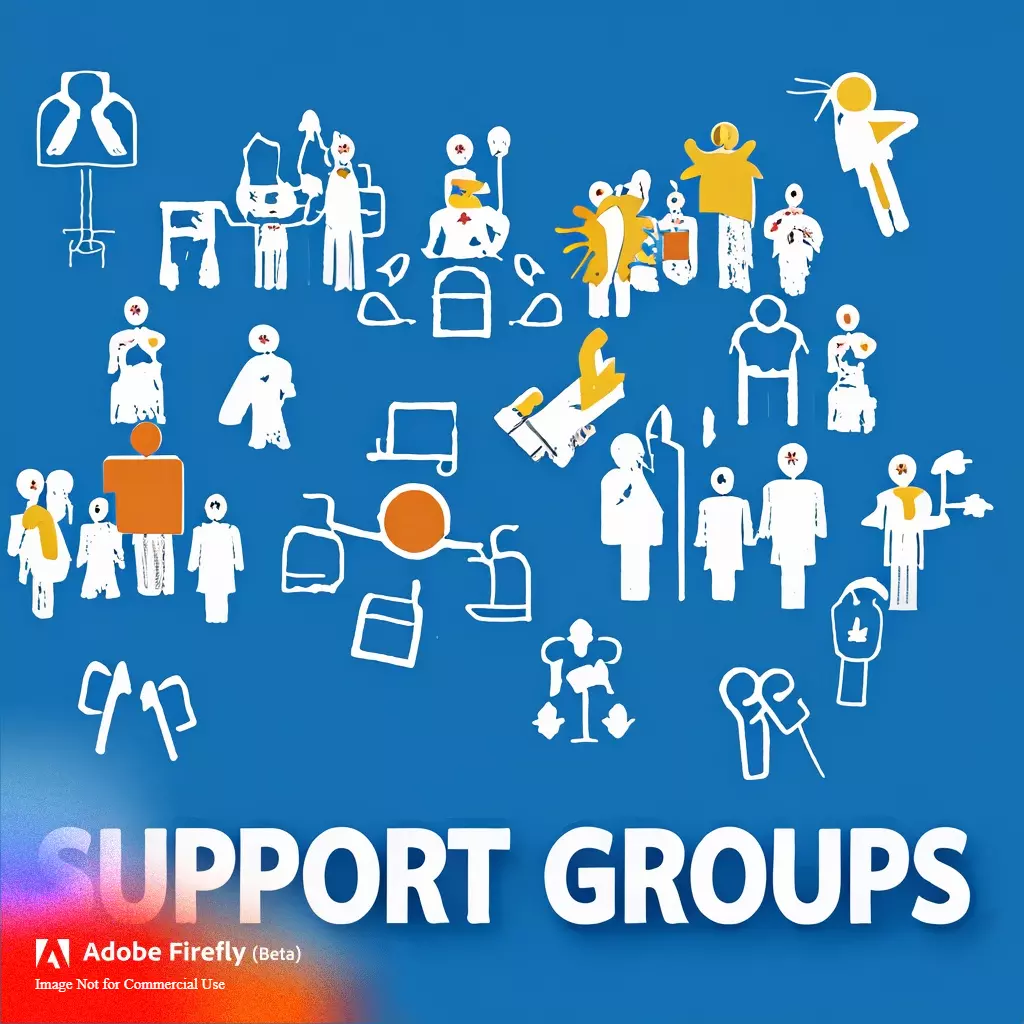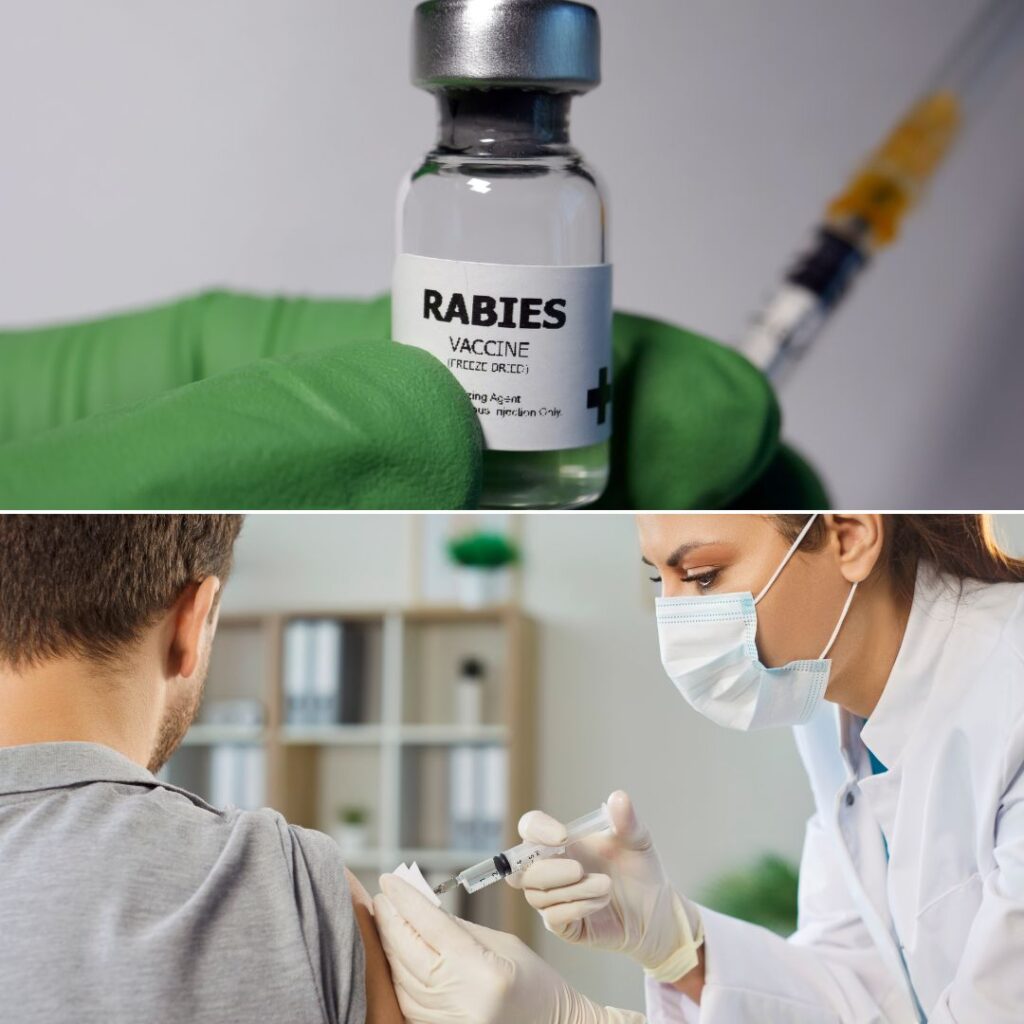Alcoholics Anonymous (AA) and Narcotics Anonymous (NA) have long been recognized as the cornerstone of addiction support groups. These widely known organizations offer invaluable support to individuals battling alcohol and drug addiction. However, the world of addiction recovery boasts a diverse array of support groups, catering to different demographics and approaches. In this article, we will explore some of the notable alternatives to AA and NA, including specialized offshoots and innovative programs like SMART Recovery.
1. Cocaine Anonymous (CA): CA is an offshoot of AA designed specifically for individuals struggling with cocaine addiction. Like AA, CA follows a 12-step program that emphasizes surrendering to a higher power and seeking support through regular meetings. The fellowship and guidance offered by CA can be particularly effective for those facing the unique challenges of cocaine addiction.
2. Heroin Anonymous (HA): Similar to CA, HA focuses on those dealing with heroin addiction. With a 12-step framework, HA provides a supportive community for individuals aiming to break free from the grip of this potent opioid. Sharing experiences and challenges with others who can relate can be a powerful motivator for recovery.
3. Marijuana Anonymous (MA): MA is tailored for individuals who struggle with marijuana addiction. It utilizes the principles of the 12-step model to help participants address their dependence on this commonly underestimated substance. MA meetings offer a safe space to explore the reasons behind marijuana use and its impact on one’s life.
4. Crystal Meth Anonymous (CMA): CMA specializes in supporting individuals recovering from crystal methamphetamine addiction. This offshoot of AA provides a structured program, including steps for personal growth and recovery. CMA meetings encourage participants to share their stories and challenges in a judgment-free environment.
5. SMART Recovery: Unlike the 12-step model, SMART Recovery (Self-Management and Recovery Training) is based on a scientific, cognitive-behavioral approach. It focuses on developing self-reliance and empowerment to overcome addiction. SMART Recovery emphasizes rational decision-making, coping strategies, and goal setting. This approach appeals to those who may not resonate with the spiritual or higher power aspects of traditional support groups.
6. Women for Sobriety (WFS): WFS is a unique support group exclusively for women seeking recovery from substance abuse. It provides a gender-specific and empathetic environment for women to address addiction-related issues. WFS emphasizes self-empowerment, positive thinking, and personal growth as key elements of recovery.
7. Secular Organizations for Sobriety (SOS):SOS offers a secular, non-religious alternative to traditional 12-step programs. It is founded on the belief in personal responsibility and self-empowerment. SOS meetings focus on open discussions and peer support, with the understanding that individuals have the capacity to overcome addiction through their own efforts.
8. Dual Recovery Anonymous (DRA): DRA caters to individuals facing both substance abuse and mental health challenges. It recognizes the often complex relationship between addiction and mental health disorders. DRA meetings provide a safe space for discussing and addressing these interconnected issues.
While AA and NA have helped countless individuals achieve and maintain sobriety, it’s essential to acknowledge the diverse landscape of addiction support groups. From specialized offshoots like CA, HA, and MA to innovative alternatives like SMART Recovery, there are options to suit various preferences and needs on the path to recovery. The key is finding a support group that aligns with an individual’s values, beliefs, and recovery goals. Ultimately, the journey toward sobriety is a deeply personal one, and having a supportive community can make all the difference.
Also Read: Chandrayaan-3 Landing Live Stream Shatters Records: Over 8 Million Viewers Tune In On YouTube
https://thelogicalindian.com/h-upload/2023/09/04/500x300_233201-firefly-images-related-to-support-groups-66578.webp
Trending
2023-09-04 12:03:18.0
Exploring Addiction Support Groups: What Are Its Advantages?











